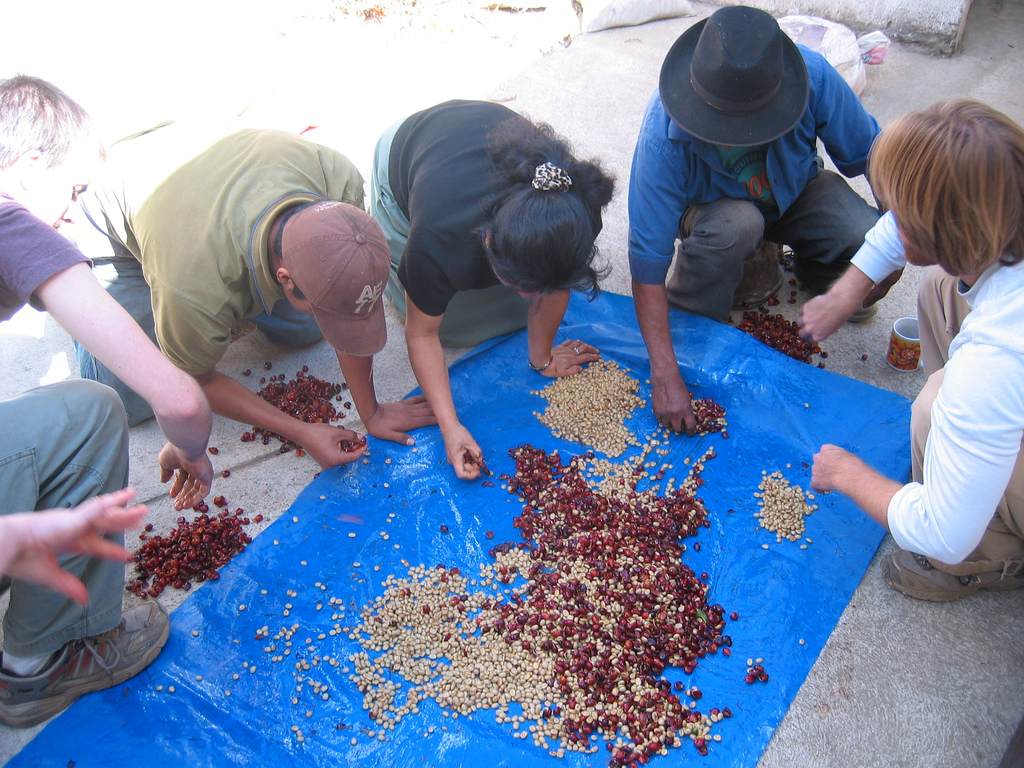 If you are like many people, you were drinking coffee this morning. You may have made it at home or driven through Starbucks to get it. Either way, as you enjoyed your hot beverage on this cold day (as it is in most of America), you may not have thought about the environmental and social issues behind that coffee.
If you are like many people, you were drinking coffee this morning. You may have made it at home or driven through Starbucks to get it. Either way, as you enjoyed your hot beverage on this cold day (as it is in most of America), you may not have thought about the environmental and social issues behind that coffee.
It is estimated that Americans drink 400 million cups of coffee each day. The only thing in higher worldwide demand than coffee is petroleum. It keeps us going on long days and some studies have shown that it may prevent heart disease in women.
Many of us cannot do without at least one cup of coffee a day, but there are some negative aspects to coffee. While it is the primary export of some countries such as Columbia, the coffee bean business can be harmful to the environment. More and more rainforest is cleared each year for plantations. And, what of the poor workers who are exposed to harmful chemicals as a result of the growing process?
If all of this has started to work on your overly caffeinated mind, know that there is hope. Some coffee bean growers have started producing shade-grown coffee that is coffee that is grown in the shade of the rainforest trees. Growers believe that shade-grown coffee tastes better because the natural sugars increase when the beans mature more slowly. Shade-grown coffee beans are usually organically grown, so the workers aren’t exposed to harmful chemicals. Best of all, the shade trees provide a habitat for birds and other wildlife such as bats, insects, reptiles, and other small mammals who can live comfortably among the crop trees. These types of coffee plantations prevent splitting the environment into fragments, which results in the loss of species due to inbreeding and overpopulation.
How do you know if the coffee you are drinking is shade-grown? Check the bag for a certification. Some receive a certification from the Smithsonian Migratory Bird Center. These plantations must meet certain specifics such as tree canopy height and foliage cover. The Rainforest Alliance also issues a certification to plantations that perform eco-friendly farming practices. Aurora Certified Organic uses USDA guidelines to certify coffee as organic. Starbucks sells its own brand called Organic Shade Grown Mexico.
(This image is licensed under the Creative Commons Attribution ShareAlike 2.0 License.)

